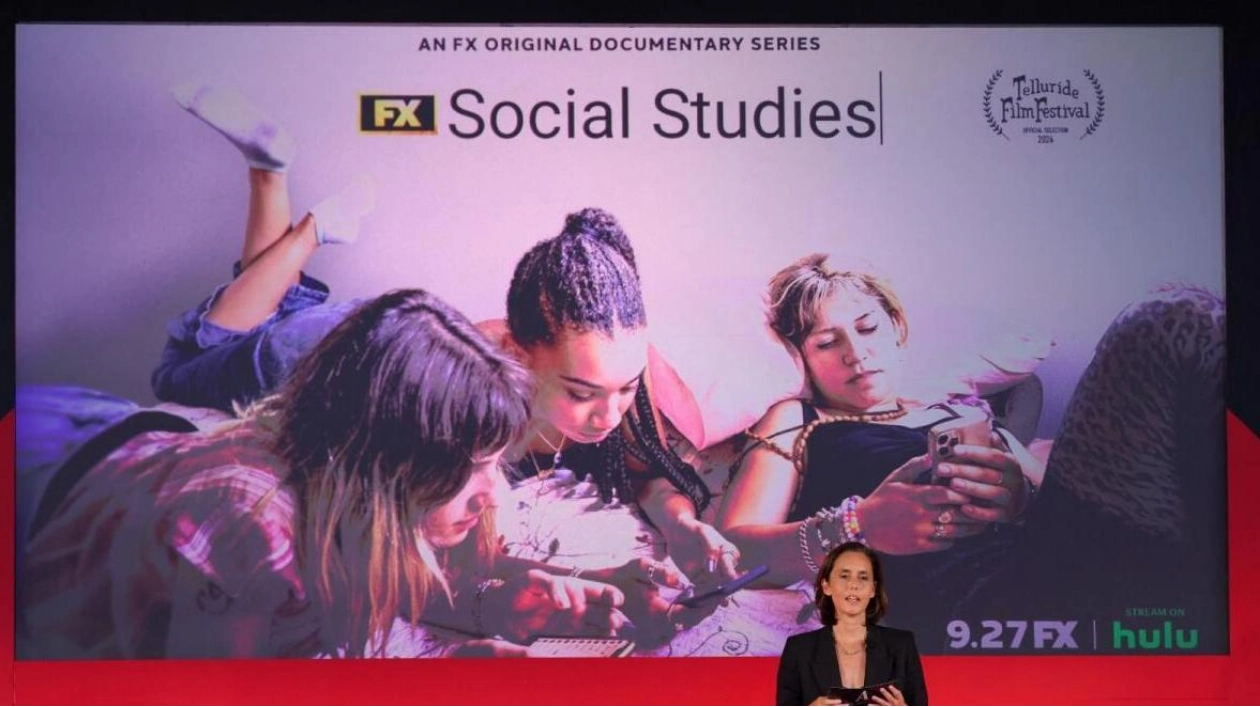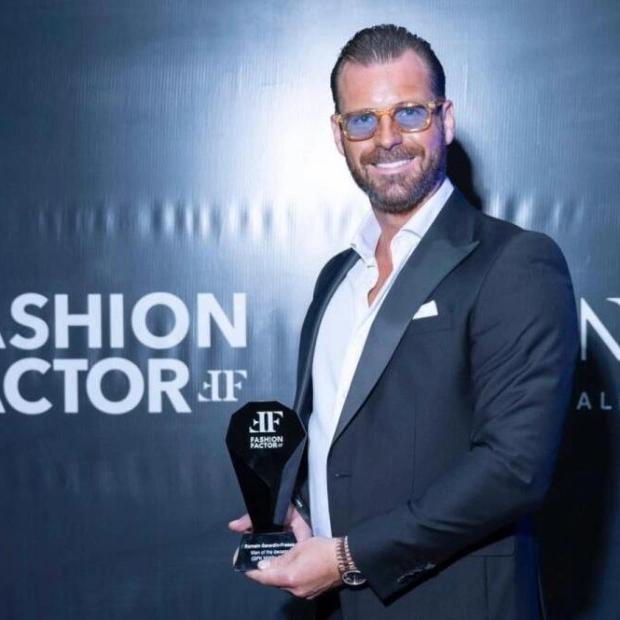Filmmaker Lauren Greenfield embarked on a year-long journey, meticulously examining the social media content shared by numerous US teenagers who consented to participate. Her somber observation revealed that these young individuals are acutely aware of the predominantly negative impacts these platforms exert on their lives—yet they find themselves unable to disengage. Greenfield's documentary series, 'Social Studies,' debuts on Disney's FX and Hulu on Friday, coinciding with the mounting concerns over the perils of social networks, especially for young minds. The series provides a poignant and unsettling dive into the online existence of Gen Z youth.
Spanning five episodes, each roughly an hour long, viewers are given an intensive overview of how the adolescent years have become significantly more challenging in an era dominated by algorithms. Specifically, the documentary focuses on the pressures faced by teenagers aged 16 to 20, primarily stemming from platforms like Instagram and TikTok. For instance, Sydney garners social media attention through progressively revealing attire; Jonathan, a diligent student, faces disappointment over his university choices, juxtaposed with the celebratory 'stories' of those who were accepted; and Cooper is disturbed by accounts that glorify anorexia.
This generation, the first to be born into a world saturated with social media, offers a unique lens through which to view the distortions of growing up in a hyper-connected reality. The series delves into how young people manipulate their body images before posting, the panic induced by false shooting rumors in high schools, and the influence of readily accessible explicit content on their first sexual experiences. 'It's hard to discern what's been implanted in your mind versus what you genuinely enjoy,' confesses an anonymous girl during a group discussion filmed for the series.
These candid discussions among adolescents highlight the stark contrasts between their online personas and their underlying anxieties. They openly discuss issues such as harassment, the absence of regulation on social media platforms, and the unattainable beauty standards perpetuated by their smartphones. 'If I see someone with a six-pack, I think, 'I want that.' Maybe then people would like me more,' admits an anonymous Latino boy.
While the series is not devoid of hope—for instance, it features a transgender teenager who finds a supportive community through social media—the overall tone reflects a generation grappling with the overwhelming digital landscape. Notably, the series does not feature psychologists or computer scientists; instead, 'the experts are the kids,' as Greenfield stated during a press conference this summer. 'It was an opportunity to approach the subject without any preconceived notions.'
Although 'Social Studies' refrains from overt judgment, its findings align with recent health warnings about the mental health risks for hyper-connected youth. The US Surgeon General has recently advocated for warning labels on social media platforms, citing them as a catalyst for a mental health crisis. Additionally, the issue of banning smartphones in schools has garnered rare bipartisan support in the politically divided US. Florida, led by a Republican administration, has already implemented such a ban, and California's Democratic governor signed a new law restricting phone use in schools on Monday.
'Collective action is the only way,' Greenfield asserts. 'Teenagers universally express that if you're the only one to disengage from social media, you risk losing your social life.'






